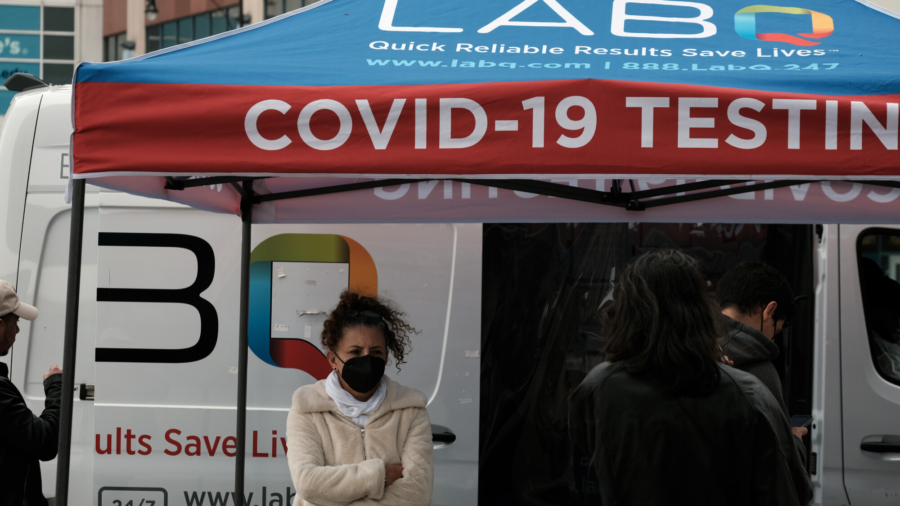U.S. regulators have rejected a request to grant emergency authorization to a cheap drug for the treatment of COVID-19, drawing criticism from one of the doctors that asked for the clearance.
The Food and Drug Administration (FDA), in a 27-page memorandum explaining its decision, said that the benefit of fluvoxamine was “not persuasive when focusing on clinically meaningful outcomes such as proportion of patients experiencing hospitalizations or hospitalizations and deaths.”
A review of clinical trials that have examined fluvoxamine, a widely used antidepressant, against COVID-19 led to the conclusion that the data at this time are insufficient for emergency clearance, the FDA added.
Dr. David Boulware, who drew up the request because he believes more COVID-19 treatments are needed, said that the FDA erred because it used different criteria when analyzing fluvoxamine than when it analyzed drugs from major pharmaceutical companies, such as a pill from Pfizer called paxlovid.
Hospitalization was defined in the trials for those drugs as receiving over 24 hours of acute care, whether in a hospital or similar facility. But it analyzed hospitalization in the case of fluvoxamine only in hospitals, excluding similar facilities.
“FDA should evaluate clinical trials using the same endpoint definitions for generic drugs as for big pharma. The deliberate creation of two-tiered system is inappropriate,” Boulware, a professor of medicine at the University of Minnesota, said in a letter to Dr. Peter Stein, who is the director of the FDA’s Office of New Drugs.
Asked for a comment on Boulware’s letter, an FDA spokesperson told The Epoch Times in an email that the agency after its review “was unable to reasonably conclude that fluvoxamine may be effective for the treatment of outpatient adults with COVID-19 to prevent severe disease progression and/or hospitalization.”
The COVID-19 Treatment Guidelines Panel, convened by the National Institutes of Health, says that it cannot recommend for or against fluvoxamine against COVID-19 due to “insufficient evidence.”
Supporters, though, note that some trials have shown efficacy against COVID-19.
A meta-analysis of three clinical trials, for instance, found a high probability that fluvoxamine was linked with reducing the risk of hospitalization among COVID-19 patients.
Researchers who conducted one of the trials said they discovered “a clinically important absolute risk reduction” of hospitalization.
Taken together, the research indicates “fairly conclusively” a benefit, Boulware told The Epoch Times. “It has about 25 percent reduction in hospitalization, has about a one-third reduction preventing progression of severe disease. The data comes from multiple randomized, double-blind, placebo-controlled trials. And so the data is pretty good.”
Dr. Todd Lee, a scientist at McGill University, and colleagues recently estimated that a COVID-19 hospitalization prevented through fluvoxamine cost $908. Drugs authorized or approved by the FDA for treating COVID-19 cost much more per hospitalization averted, including some $45,479 for molnupiravir, Merck’s pill, Lee and his colleagues said.
Major companies that develop drugs are more likely to invest money in large trials, Boulware said, which is one reason none of the cheaper alternatives have yet received U.S. emergency authorization. Drug companies do not have a financial incentive to support trials for generic drugs.
Depending on results from future trials, the doctor may resubmit the request to the FDA.
From The Epoch Times

